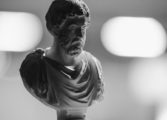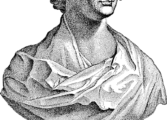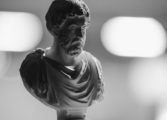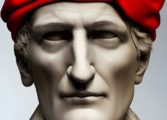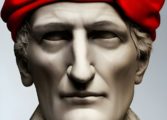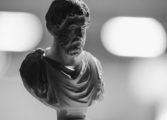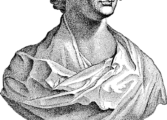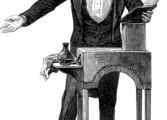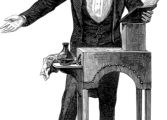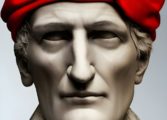Homer: The Ancient Poet Who Shaped Human Culture

Introduction:
Homer, the legendary poet of Ancient Greece, holds a significant place in human history. His epic poems, the “Iliad” and the “Odyssey,” have not only mesmerized generations but have also influenced various aspects of art, literature, and philosophy. For anyone interested in understanding the foundations of Western civilization, exploring the life and works of Homer is essential. In this article, we will delve into the depths of the poet’s world, tracing his historical development, and uncovering his lasting impact.
Historical Evolution of Homer’s Legacy:
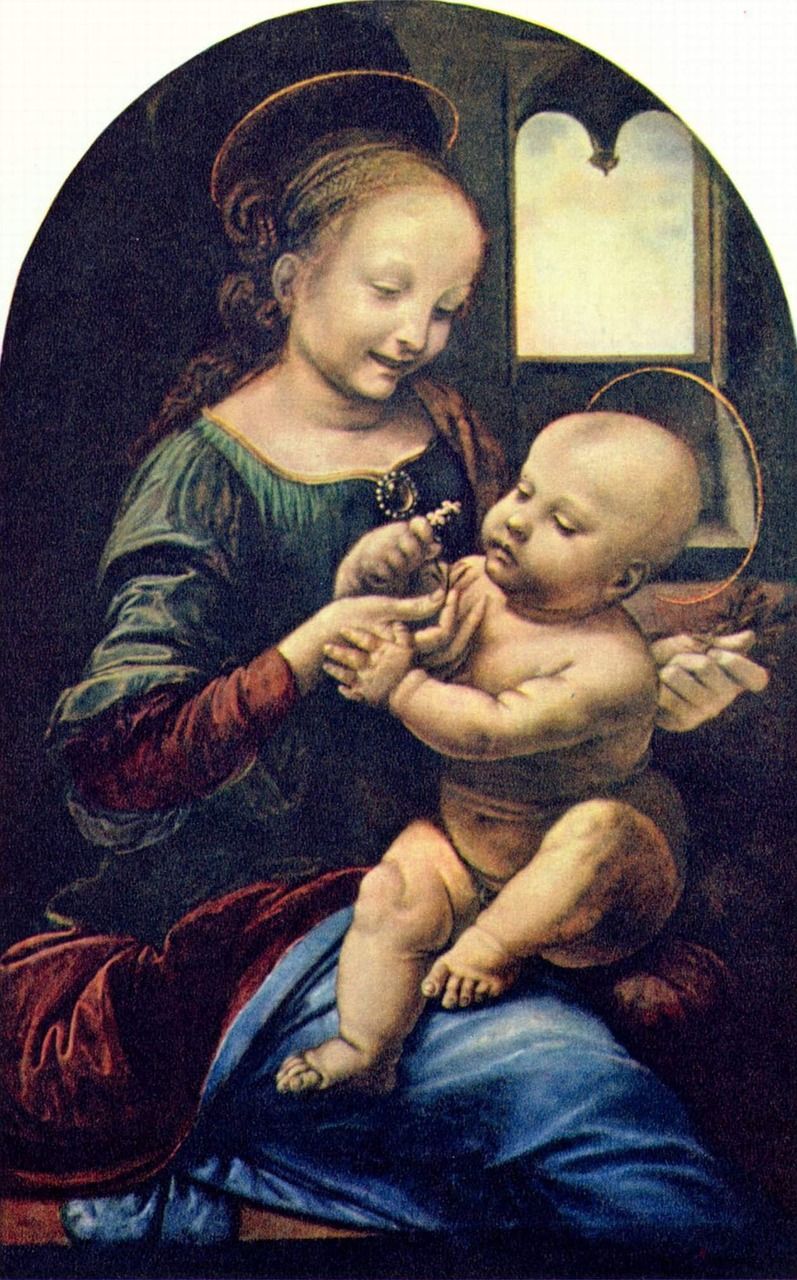
The origins of Homer are shrouded in mystery, as he lived during the 8th century BCE. Little is known about his personal life, yet his contributions are undeniable. It is believed that Homer was born in either Chios or Ionia, both regions with strong cultural ties to Ancient Greece. The poems attributed to him were initially transmitted orally, passed down through generations before being written down.
The “Iliad” and the “Odyssey” mark pivotal moments in literary and cultural history. The former chronicles the Trojan War and the wrath of Achilles while the latter follows the adventures of Odysseus as he attempts to return home after the war. These epic poems captured the essence of Greek mythology, explored the human condition, and delved into themes of heroism, honor, fate, and the complex relationship between mortals and gods.
Homer’s Influence Throughout Time:
Over the centuries, Homer’s works have undergone numerous translations, adaptations, and interpretations. His impact has spread far beyond the borders of Ancient Greece, continuing to resonate with audiences worldwide. The following bullet points highlight the key moments in the evolution of Homer’s legacy:
1. The Birth of Homeric Scholarship:
– Scholars such as Aristarchus of Samothrace and Zenodotus of Ephesus laid the foundations for studying Homer in the 3rd century BCE.
– Understanding the intricacies of Homer’s language, style, and themes became a crucial field of academic pursuit.
2. Renaissance Rediscovery:
– The Renaissance period witnessed a renewed interest in Ancient Greek literature.
– Homer’s works were translated into various European languages, including English, French, and Italian, further cementing his influence.
3. Enlightenment Philosophers:
– Enlightenment philosophers found inspiration in Homer’s works, employing his poetic genius to explore profound ideas on reason, morality, and human nature.
– The French Revolution, with figures like Robespierre and Voltaire, embraced Homeric concepts of liberty, justice, and societal change.
4. 19th Century Romanticism:
– The Romantic period celebrated the emotional depth and natural beauty present in Homer’s texts.
– Artists and writers, including Lord Byron and Johann Wolfgang von Goethe, drew inspiration from the epic poems, emphasizing the individual’s journey and the power of nature.
5. 20th Century Adaptations:
– Modern film adaptations, such as Stanley Kubrick’s “2001: A Space Odyssey,” draw inspiration from Homer’s Odyssey, exploring themes of human existence and the unknown.
– Contemporary authors, like Margaret Atwood and James Joyce, continue to engage with Homer’s works, reimagining them in innovative ways.
Conclusion:
Homer’s enduring legacy as a poet and storyteller firmly establishes his position as a cornerstone of Western literature and art. From his humble origins in Ancient Greece to his profound influence on cultures throughout time, Homer’s works have captivated the minds and hearts of countless individuals. As we delve into the world of Homer, we uncover not only ancient tales of heroes and gods but also eternal themes that still resonate with us today. Whether one is a passionate lover of art, a literature enthusiast, or simply an inquisitive mind, delving into the realm of Homer is a journey worth embarking on.
References:
1. Smith, Homer (2012). The Iliad and the Odyssey. Penguin Classics.
2. Clarke, H.B. (1988). Homer’s Readers: A Historical Introduction to the Iliad and the Odyssey. University of California Press.







